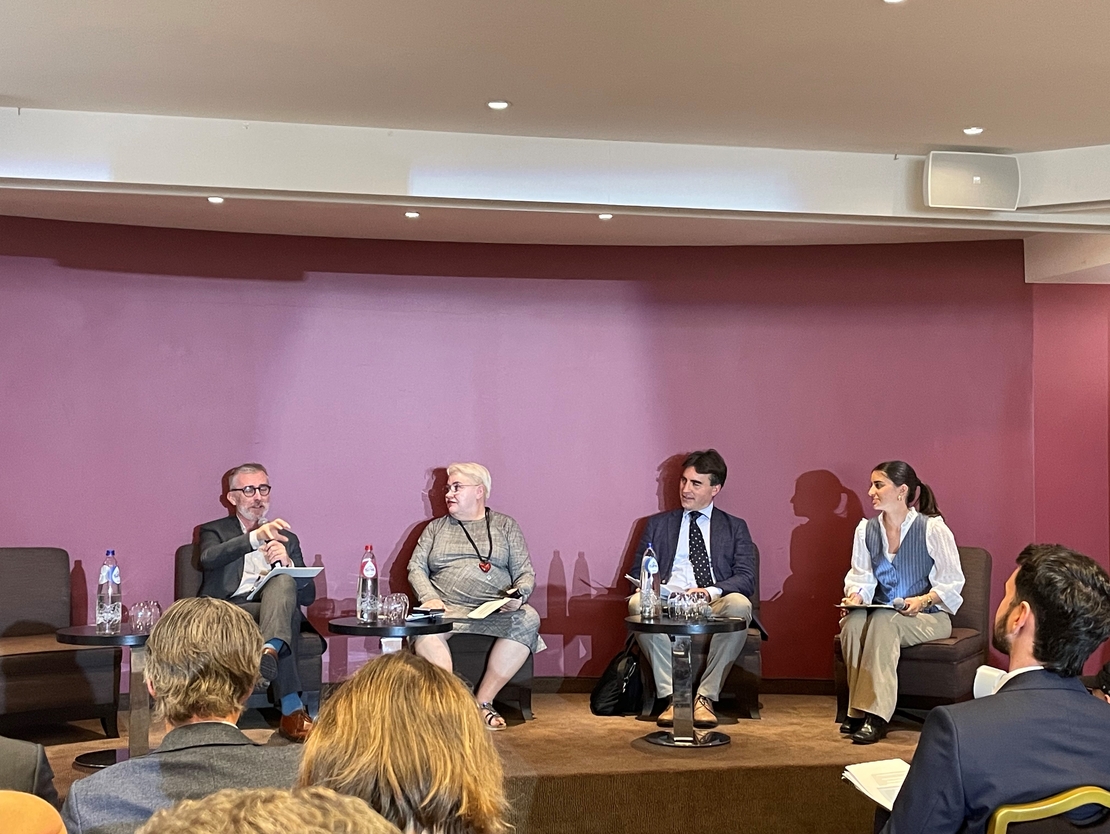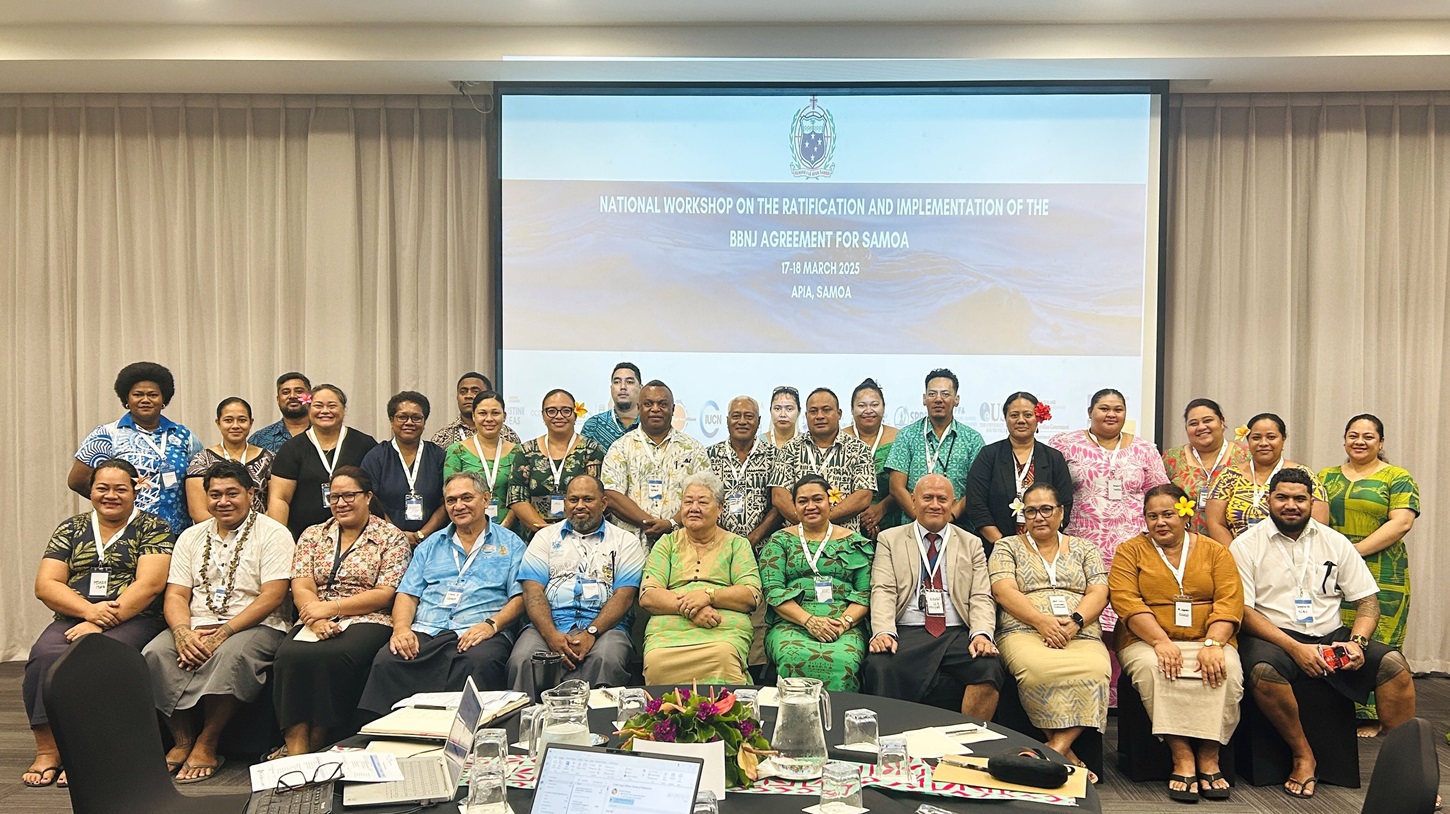Decarbonising agrifood - Challenges and solutions for a climate-neutral future
On June 3rd, IUCN attended the EURACTIV Agrifood Policy Conference in Brussels. Exploring the theme “Navigating the Future of Agriculture and Food,” the event brought together a wide range of policymakers and experts to exchange ideas and perspectives on the opportunities and challenges ahead for the agrifood sector. Boris Erg, Director of the IUCN European Regional Office, participated in a panel together with MEP Sirpa Pietikäinen (European Parliament) and Gijs Schilthuis (Director, Sustainability, DG AGRI, European Commission) to discuss the topic of decarbonising the agrifood system, emphasising that climate neutrality in agrifood cannot be achieved in isolation from environmental integrity.

EURACTIV Agrifood Policy Conference
While agriculture is responsible for nearly a third of global greenhouse gas emissions, it is also one of the most vulnerable sectors to climate impacts, and is therefore central to the conversation on reaching climate neutrality in Europe. However, reconciling environmental aims with economic and social concerns remains a challenge. This panel on decarbonising the agrifood sector raised fundamental questions about innovative solutions, policy frameworks, and regulatory pathways to a net-zero agrifood industry.
Building on IUCN’s statement on the released Vision for Agriculture and Food by Commissioner Christophe Hansen, IUCN acknowledges the complex challenges farmers face and reaffirms the need for tailored, practical support to increase the resilience of their activities. Over the decades, IUCN has developed a wide range of science-based tools and publications to support farmers in their shift towards more sustainable practices. These include recent publications such as Approaches to Sustainable Agriculture (2020), Sustainable Agriculture and Nature-Based Solutions (2024) and Assessing the Biodiversity-Agriculture Nexus: An overview of International and EU Methods (2024).
Boris Erg expressed that the only way to reduce emissions, ensure food security, and enhance the resilience of the agrifood sector is to work with nature and actively invest in activities that increase biodiversity and ecosystem services, including nature restoration. It must be understood that increasing soil health, pollinator protection, and nature-based solutions provides mutual environmental, social, and economic benefits, rather than looking at it as trade-offs.
While addressing concerns about the economic burden of transforming the agrifood sector—particularly on farmers—IUCN stressed the need for integrated approaches and shared responsibility across the value chain, from processing to transport to consumption. This includes holding actors accountable along the food chain to ensure a fair transition while recognising the role of farmers as ecosystem stewards.
IUCN remains committed to the transformation of global food systems through sustainable land management that is aligned with the UN SDGs, as reaffirmed in its Resolution No. WCC-003-2020, recognising this as a fundamental principle for sustainable development.
A remaining challenge resides in the fragmented nature of existing policies, which focus largely on on-farm emissions, while full-lifecycle, coherent implementation that rewards nature-positive action are missing. The CAP remains the most powerful tool for land use in Europe, but it must embed decarbonisation as a core principle to deliver environmental goals and reward farming in ways that sustain both nature and climate.
IUCN looks forward to continuing the conversation on the future of the agrifood sector and the crucial role of nature conservation within the transition.
To watch the recording of the EURACTIV Agrifood Policy Conference, please click here.

